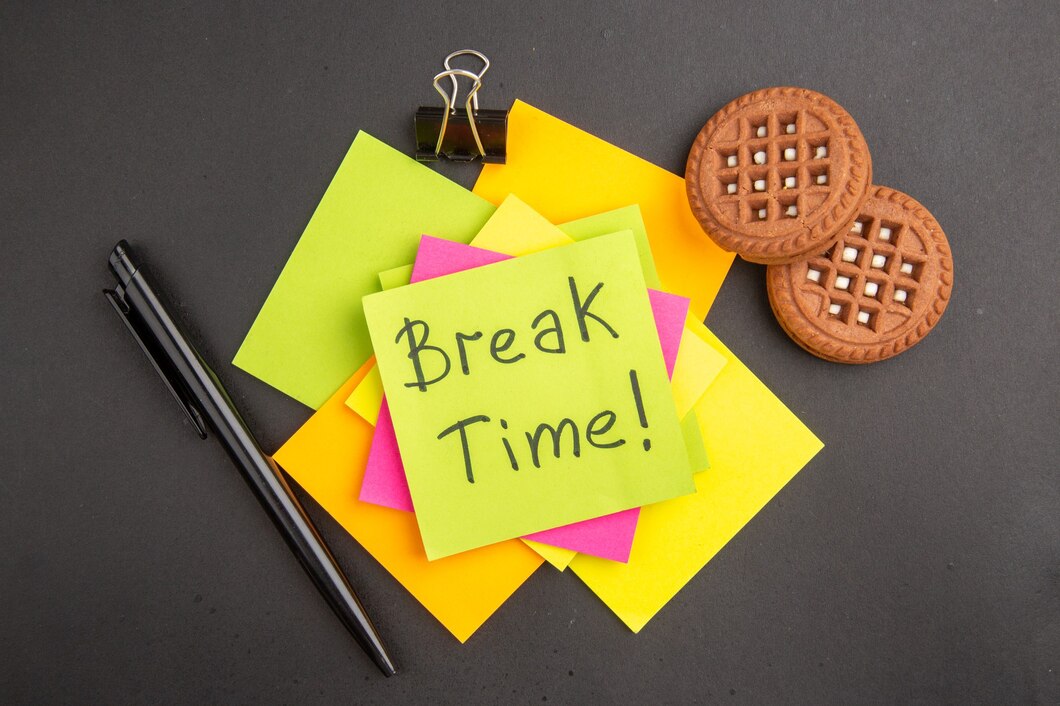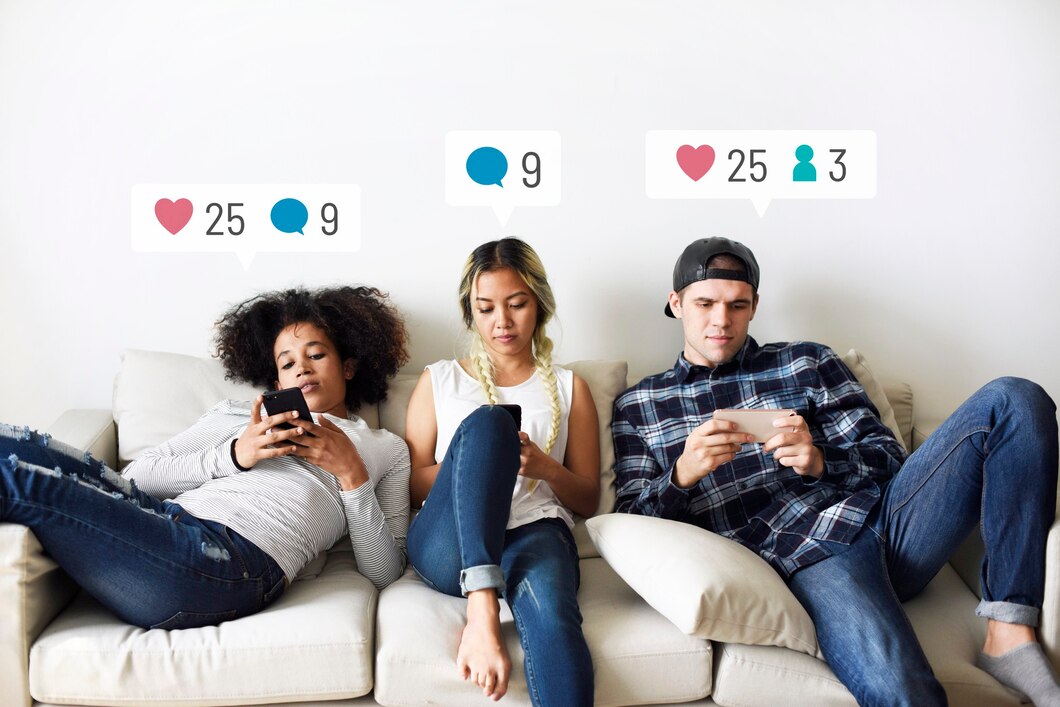Three Months Off Instagram, and I’ve Gained More Than I Ever Lost.
I’ve always loved building habits, challenging myself now and then by either adding new routines or cutting out the ones that no longer serve me. But deciding to quit social media? That was one of the hardest things I’ve ever done!
At first, I didn’t realize how much social media addiction was affecting me. It felt like a harmless way to pass the time—just scrolling through Instagram, watching reels, or catching up on updates. But gradually, it started to control my thoughts, habits, and emotions in ways I didn’t even notice.
In this blog, I’ll share the science behind social media addiction (dopamine hits), what happens when you quit social media, my personal experience, how it changed my life for the better, and how you can do it too.
The Hidden Toll of Social Media
Studies show that people who spend hours on apps like Instagram or Snapchat tend to feel more anxious and depressed. And it makes sense—these platforms are designed to keep you hooked by triggering your brain’s reward system.
Every time you get a like, a notification, or watch an entertaining video, your brain releases dopamine—the chemical responsible for pleasure and motivation. It’s the same chemical released when you eat your favourite food or win a game.
But here’s the problem: the more you use social media, the more your brain craves it. Over time, it rewires your brain to seek quick dopamine hits, making it harder to focus on slower, more meaningful activities like reading, working out, or even having real-life conversations.
The Brain-Rewiring Trap
Think of it like trimming branches on a tree to create a shortcut. This makes the brain’s “reward pathway” faster, so you get that feel-good dopamine hit almost instantly.
But over time, this rewiring makes it harder to control impulses. You keep scrolling even when you don’t want to, even when you know it’s a waste of time. Research shows that this constant stimulation can shrink brain areas responsible for self-control, decision-making, and emotional regulation, making it even tougher to break free.
What Happens When You Quit Social Media?

1. You Stop Seeking Validation
Social media is designed to keep us hooked on likes, comments, and shares. Whether we admit it or not, getting engagement on posts gives a dopamine rush. When it doesn’t happen, we feel disappointed.
After quitting, I realized I no longer needed external validation to feel good about myself. My confidence started coming from within, not from how many likes I got.
2. Less Anxiety, More Peace
Studies show that people who spend too much time on Instagram, Snapchat, or TikTok are more likely to feel anxious or depressed. It makes sense—these platforms constantly show us the highlights of other people’s lives, making it easy to compare.
Without social media, I no longer felt the pressure to keep up. My mind felt clearer, and my anxiety levels dropped.
3. Your Focus Improves
After quitting, my mind felt clearer. I could read without drifting, work without checking my phone, and be fully present in conversations. Without constant notifications, my focus naturally improved.
Why I Quit Instagram and What Changed
I’d scroll endlessly through reels, telling myself just five more minutes—and suddenly, an hour had passed. The worst part? It wasn’t even satisfying anymore. My brain had adapted, and I needed more scrolling, more content, to feel the same level of excitement. And when I wasn’t on Instagram? I felt bored. Restless. Like something was missing.
But the real wake-up call came when I noticed how deeply it was affecting other parts of my life:
1. Impulse shopping – I’d open shopping apps right after watching a reel, convinced I needed whatever product was trending.
2. Comparison trap – I found myself constantly comparing my life to others, even without realizing it.
3. Disrupted sleep – I’d stay up late watching reels, wasting time that I could have spent reading, journaling, or just getting a good night’s sleep.
4. Lack of focus – My attention span had shortened. Reading a book or even watching a full movie without distractions felt harder than ever.
At that point, I knew something had to change.
The first few days were tough. I felt restless and didn’t know what to do with my free time. My fingers would instinctively reach for my phone, only to realize Instagram wasn’t there anymore.
But slowly, things started to change. Instead of reaching for my phone first thing in the morning, I picked up a book. Instead of watching reels before bed, I started journaling again. Instead of consuming endless content, I started focusing on my own life.
Here’s what happened after quitting social media for 3 months:

- I finished two books in two months – Something I hadn’t done in years.
- I started working out four days a week – And stuck to it.
- Evening walks became a habit – Now, I genuinely look forward to them.
- I appreciate small joys more – A quiet morning, a good cup of green tea, a deep conversation.
- I no longer feel the need to seek validation– I know myself better.
- My brain fog has improved – I think more clearly and feel less scattered.
- I like myself more – Without the constant pressure to compare my life to others.
- My overthinking has reduced – I feel calmer and more at peace.
- Restarted my yoga journey – A habit I had lost along the way.
- I have more time for meaningful activities – Work, hobbies, and things that fulfil me.
- Social interactions feel more real – I’m no longer focused on capturing the moment for Instagram but being in it.
- I’ve saved money – No more impulse shopping from Instagram ads.
- Better sleep quality – No more late-night scrolling, just deep, restful sleep.
- No urge to go back – What once felt addictive now feels unnecessary.
How to Quit Social Media Without FOMO
Many people want to quit social media but fear missing out on important updates. Here’s what worked for me:
1. Start Small – Try a 30-Day Detox
If quitting permanently sounds intimidating, try quitting for a month. You’ll be surprised how much your mind adjusts in just 30 days.
2. Delete the Apps, Not Your Accounts
If you’re not ready to fully quit, start by removing Instagram, Facebook, or Snapchat from your phone. If you need to check something, you can always log in from a computer.
3. Replace Scrolling With Something Better
Whenever you feel the urge to scroll, replace it with another activity—reading, journaling, exercising, or even just sitting in silence. Over time, your brain will adapt.
4. Set Boundaries for Social Media Use
If quitting entirely isn’t an option, limit your usage. Set app timers, turn off notifications, and schedule specific times for checking social media instead of mindlessly opening it throughout the day.
5. Focus on Real-Life Connections
The biggest benefit of quitting social media is being more present. Instead of watching someone else’s life through a screen, start engaging with the people around you.
6. Create a Reward System
My partner promised me a gift if I stayed off Instagram for a month, and it worked—I focused more on the reward than the urge to reinstall the app. Set a reward for yourself, whether it’s a treat, a day out, or something you’ve wanted. Turning it into a challenge makes the process more motivating.
Final Thoughts: Should You Quit Social Media?
If you’ve ever asked yourself “Should I quit social media?“, the answer is probably yes—or at least take a break.
Social media isn’t evil, but when it starts affecting your mental health, focus, and self-esteem, it’s worth reconsidering.
You don’t have to quit forever, but even a 30-day detox can show you how much it impacts your life. Who knows? You might just find that life feels better without it.


